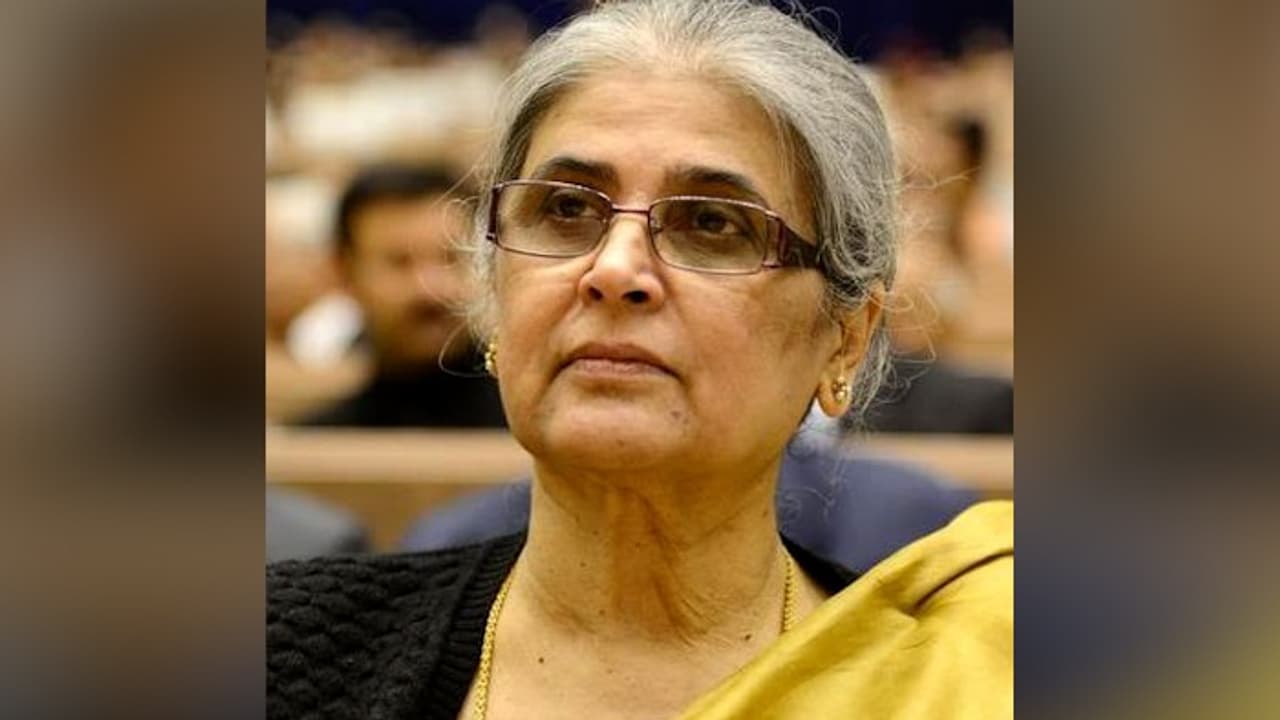Justice Ranjana Prakash Desai, a former Supreme Court judge, will chair the 8th Central Pay Commission. The panel is tasked with recommending revisions to pay, pensions, and allowances for Central Government employees.
With the Centre giving the green light to the 8th Central Pay Commission, government employees across India are hopeful of a long-awaited salary hike. But at the heart of this crucial process stands a name that has already left a strong mark in India’s legal and administrative landscape, Justice Ranjana Prakash Desai.
A former Supreme Court judge and a respected figure in judicial reform, Justice Desai now takes on the task of leading the 8th Pay Commission, a panel that will shape the future pay structure of millions of government employees and pensioners.
Early Years and Education
Born on October 30, 1949, in Maharashtra, Ranjana Prakash Desai’s journey began with a degree in Arts from Elphinstone College in 1970, followed by a Law degree from Government Law College, Mumbai, in 1973.
Soon after, she stepped into the world of law, working under Justice Pratap and alongside her father, the noted criminal lawyer S.G. Samant. Those early years, spent learning the ropes in both civil and criminal law, would later define her as a lawyer known for clarity, fairness, and conviction.
From Prosecutor to Supreme Court Judge
Her public service career took off in 1979, when she became a government prosecutor. Over the decades that followed, Justice Desai’s dedication and sharp legal acumen saw her rise steadily, first to the Bombay High Court, and then to the Supreme Court of India, where she served until her retirement in 2014.
Throughout her judicial career, she was known for her balanced approach, firm when required, yet empathetic and deeply rooted in the principles of justice.
Life After the Bench
Even after retiring from the Supreme Court, Justice Desai didn’t slow down. She went on to head several high-profile committees, including the Electricity Appellate Tribunal and the Lokpal Selection Committee.
One of her most impactful roles came as the Chairperson of the Delimitation Commission, where she oversaw the redrawing of assembly constituencies in Jammu and Kashmir, a complex and sensitive task that led to the creation of seven new seats, taking the total to 90.
She also chaired the Committee on the Uniform Civil Code (UCC), a subject often at the heart of national debate, showing once again her ability to handle delicate issues with integrity and balance.
Now Leading the 8th Pay Commission
Now, as Chairperson of the 8th Central Pay Commission, Justice Desai faces another crucial responsibility, recommending pay, pension, and allowance revisions for Central Government employees.
She will be joined by Pulak Ghosh, a professor at IIM Bangalore, as a member, and Pankaj Jain, Secretary in the Ministry of Petroleum and Natural Gas, as the Member-Secretary.
Their combined expertise in governance, economics, and administration will be key as the commission prepares its report, expected within 18 months. Its recommendations, likely to take effect from January 1, 2026, could shape the financial well-being of lakhs of employees across India.
